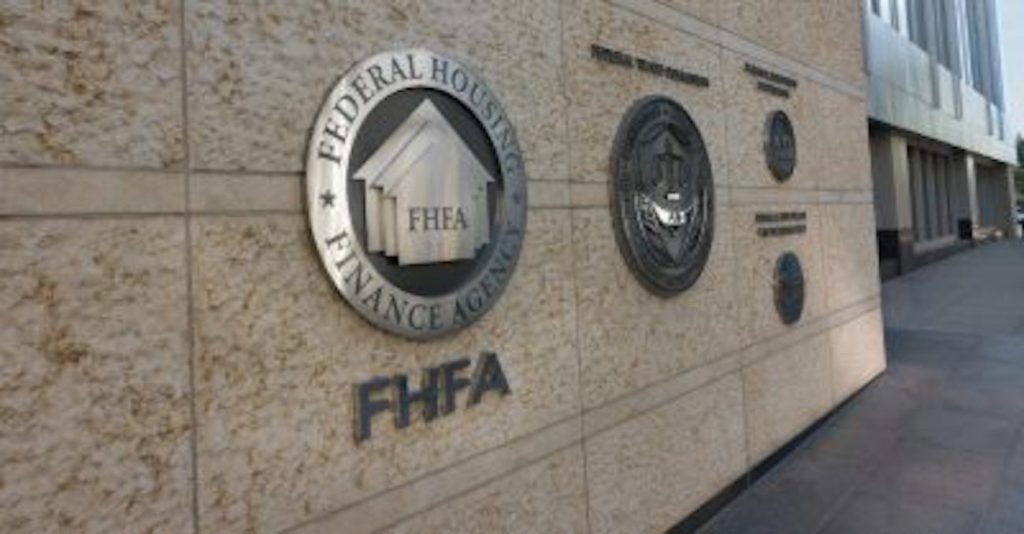A coalition of trade associations — the Community Home Lenders of America (CHLA), the Community Association Institute (CAI) and the National Association of Realtors (NAR) — have submitted a letter to the Federal Housing Finance Agency (FHFA) that requests transparency in the development of final lending requirement guidelines for condominium and housing co-operatives.
In the letter, addressed to FHFA Director Sandra Thompson, the associations ask for “reasonable” building inspection requirements for aging infrastructure. The groups also offer feedback on how the Fannie Mae and Freddie Mac temporary requirements for condos and cooperative projects could be improved.
In addition, the groups “request transparency in the process of developing final guidelines for condo and housing cooperative lending requirements.”
“Any changes to Enterprise condo project or loan approval requirements should be subject to a public comment period of at least 60 days prior to adoption,” the letter states. “Fannie Mae should be required to make public their lists of condo projects ineligible for loan purchase, along with guidance as to the actions necessary to make them eligible.”
The letter notes that the groups are “very concerned” that the government-sponsored enterprise (GSE) condo and co-op lending requirements are restrictive for those seeking housing and cause difficulty for current owners to “build wealth and maintain their property values.”
“At a time when there is a heightened awareness and increase[d] emphasis on building maintenance, restricting access to lending will plummet property values leaving less money and incentive for homeowners to invest in maintenance, especially in urban opportunity zones throughout the U.S.,” the letter states.
This could lead to a “potential housing crisis,” the groups say, emphasizing that transparency in the rulemaking process is essential to keep the focus on at-risk buildings.
“We stand ready to work with GSEs and FHFA to develop and implement policy to keep Americans safe in their buildings while having appropriate access to lending for their homes,” the letter notes.
The letter was also sent to the U.S. Senate Banking Committee and the U.S. House Financial Services Committee and their staff members.





